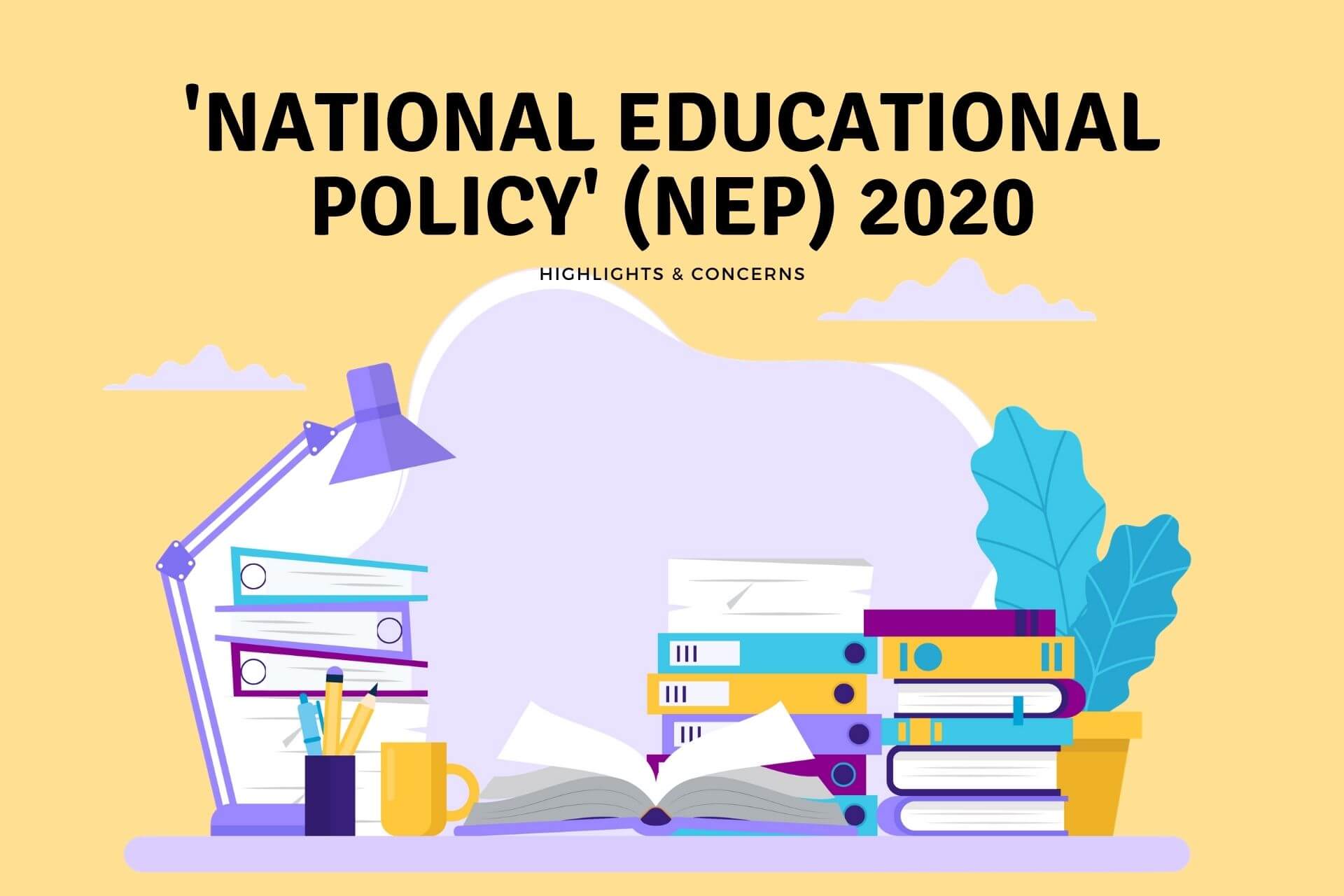National Education Policy 2020
The National Education Policy 2020 proposes various reforms in higher education including technical education. It is based on five aspirational goals: ACCESS, EUQUITY, QUALITY, ACCOUNTABILITY AND AFFORDABILITY. The due focus is given to make education relevant to society, culture, tradition, economy, employability, among other goals. ICT based education system envisages to reach out to all sections of the society and to all sectors of economy with enhanced employability skills and critical thinking.
This policy emphasizes on promoting interdisciplinary studies, introducing new subjects, and providing flexibility in courses and fresh opportunities for students. It aims to increase the Gross Enrolment Ratio (GER) in higher education, provide multiple entry and exit options, and allow students to choose courses according to their interests and aptitude.The policy is aimed at creating a holistic and flexible education system that is adaptive to the needs of the 21st century.

The new education policy must provide to all students, irrespective of their place of residence, a quality education system, with particular focus on historically marginalized, disadvantaged, and underrepresented groups. Education is a great leveler and is the best tool for achieving economic and social mobility, inclusion, and equality. Initiatives must be in place to ensure that all students from such groups, despite inherent obstacles, are provided various targeted opportunities to enter and excel in the educational system.
According to the NEP, undergraduate students will now have the opportunity to choose from several exit points in their program. The undergraduate degree will be of either 3 or 4-year duration, with multiple exit options within this period, with appropriate certifications, e.g., a certificate after completing 1 year in a discipline or field including vocational and professional areas, or a diploma after 2 years of study, or a Bachelor ’s degree after a 3-year programme. The 4-year multidisciplinary Bachelor's programme, however, shall be the preferred option since it allows the opportunity to experience the full range of holistic and multidisciplinary education in addition to a focus on the chosen major and minors as per the choices of the student. The 4-year programme may also lead to a degree ‘with Research’ if the student completes a rigorous research project in their major area(s) of study as specified by the HEI (Higher Education Institutes).
HEIs will have the flexibility to offer different designs of Master’s programmes: (a) there may be a 2-year programme with the second year devoted entirely to research for those who have completed the 3-year Bachelor ’s programme; (b) for students completing a 4-year Bachelor ’s programme with Research, there could be a 1-year Master’s programme; and (c) there may be an integrated 5-year Bachelor’s/Master’s programme. Undertaking a Ph.D. shall require either a Master’s degree or a 4-year Bachelor’s degree with Research.
